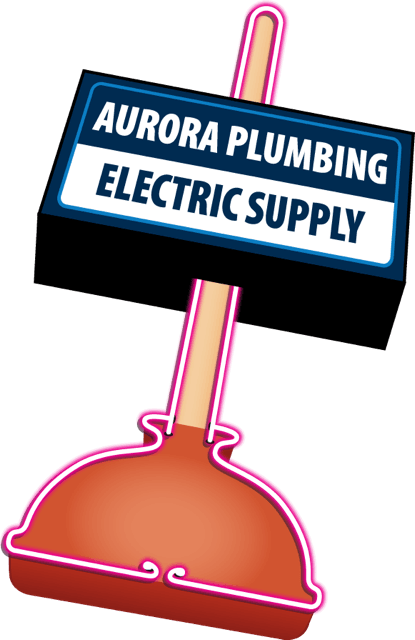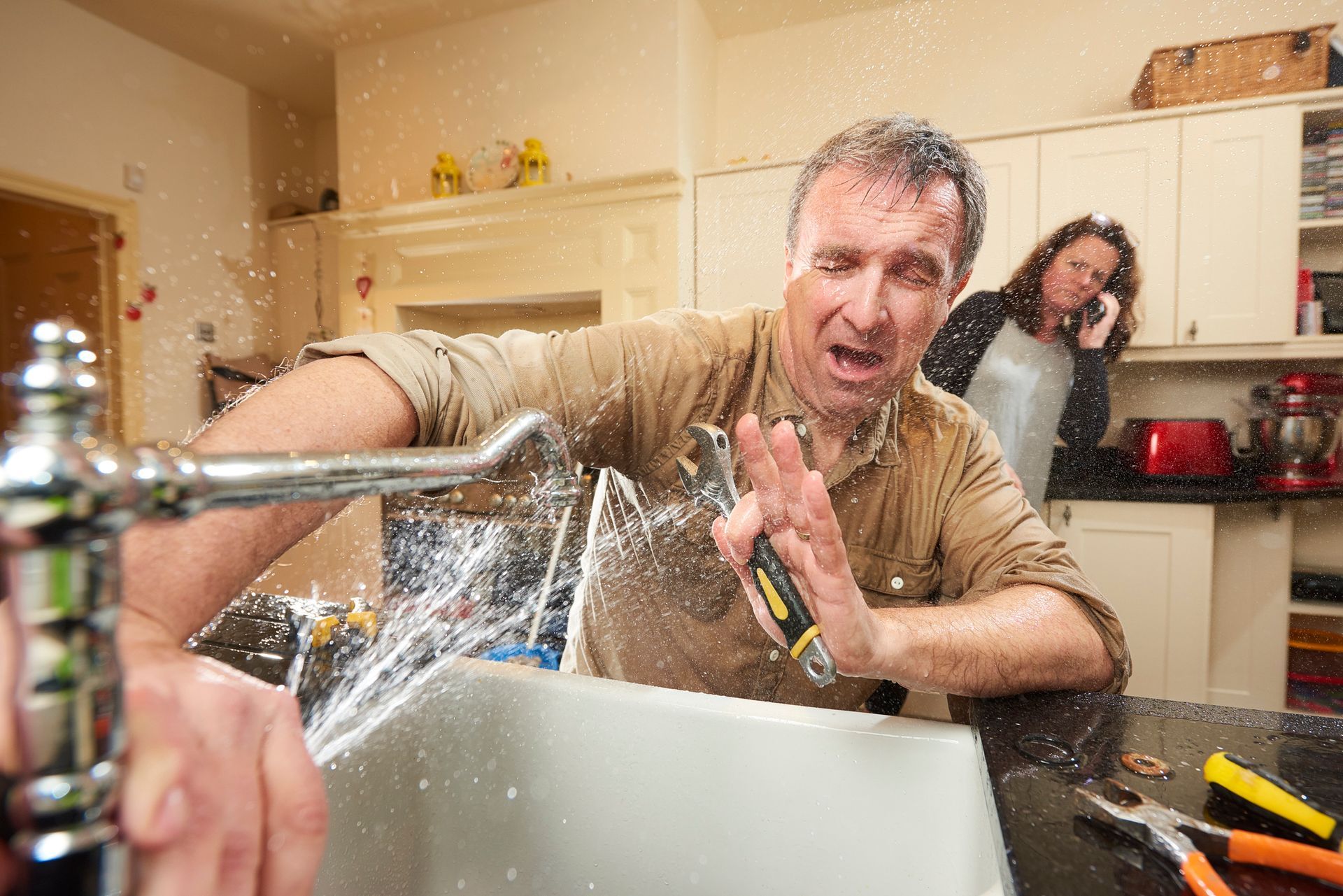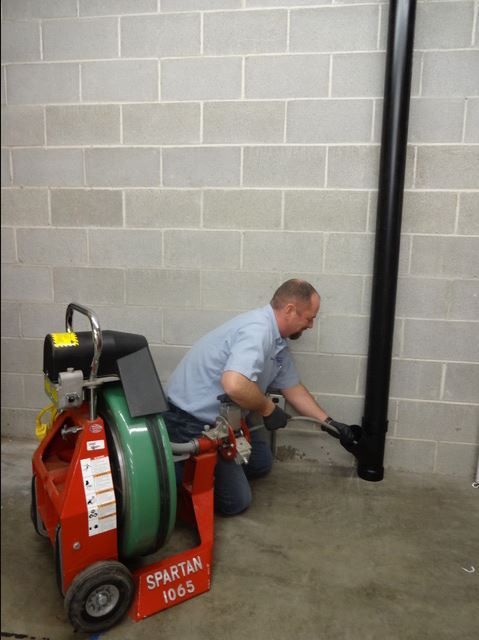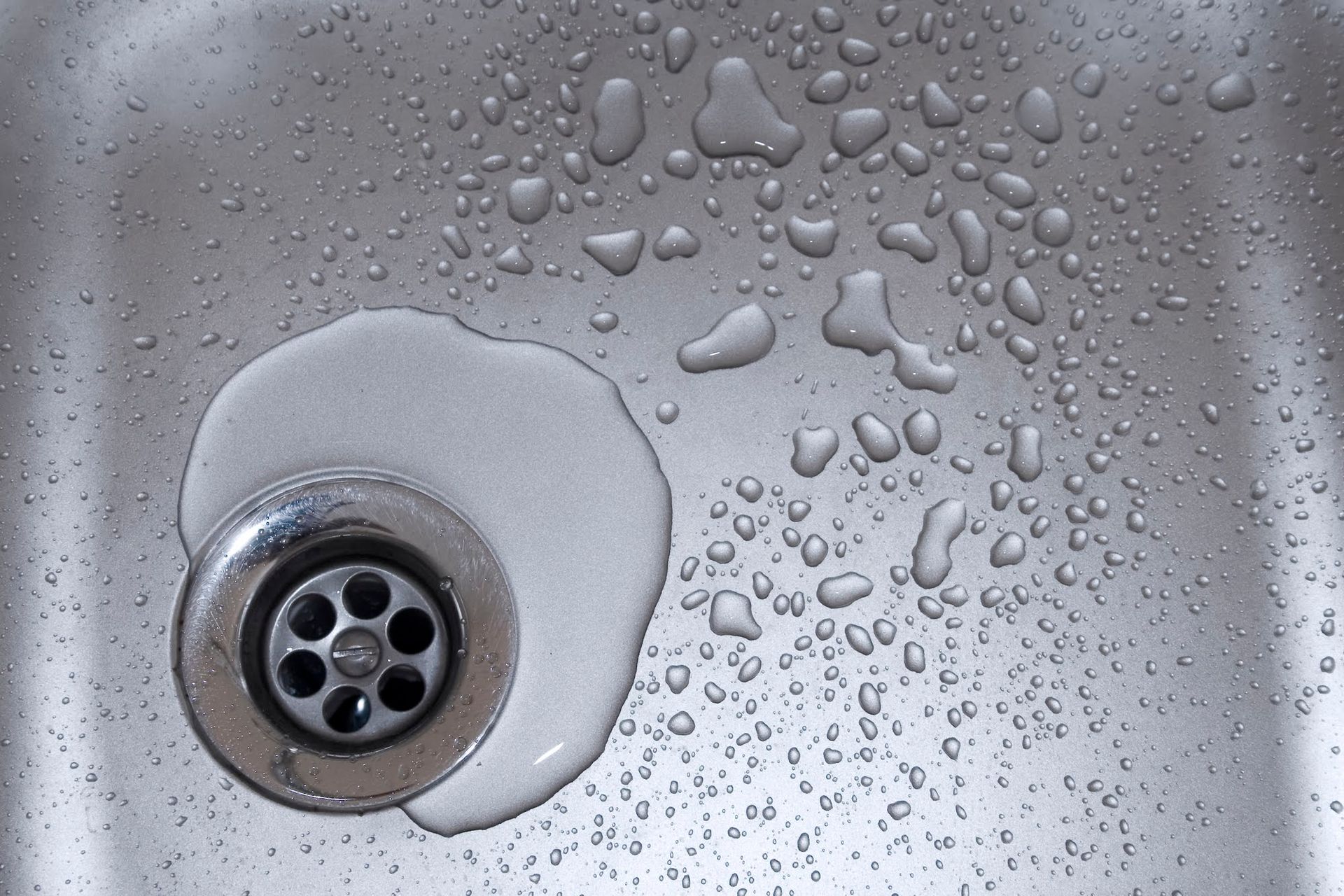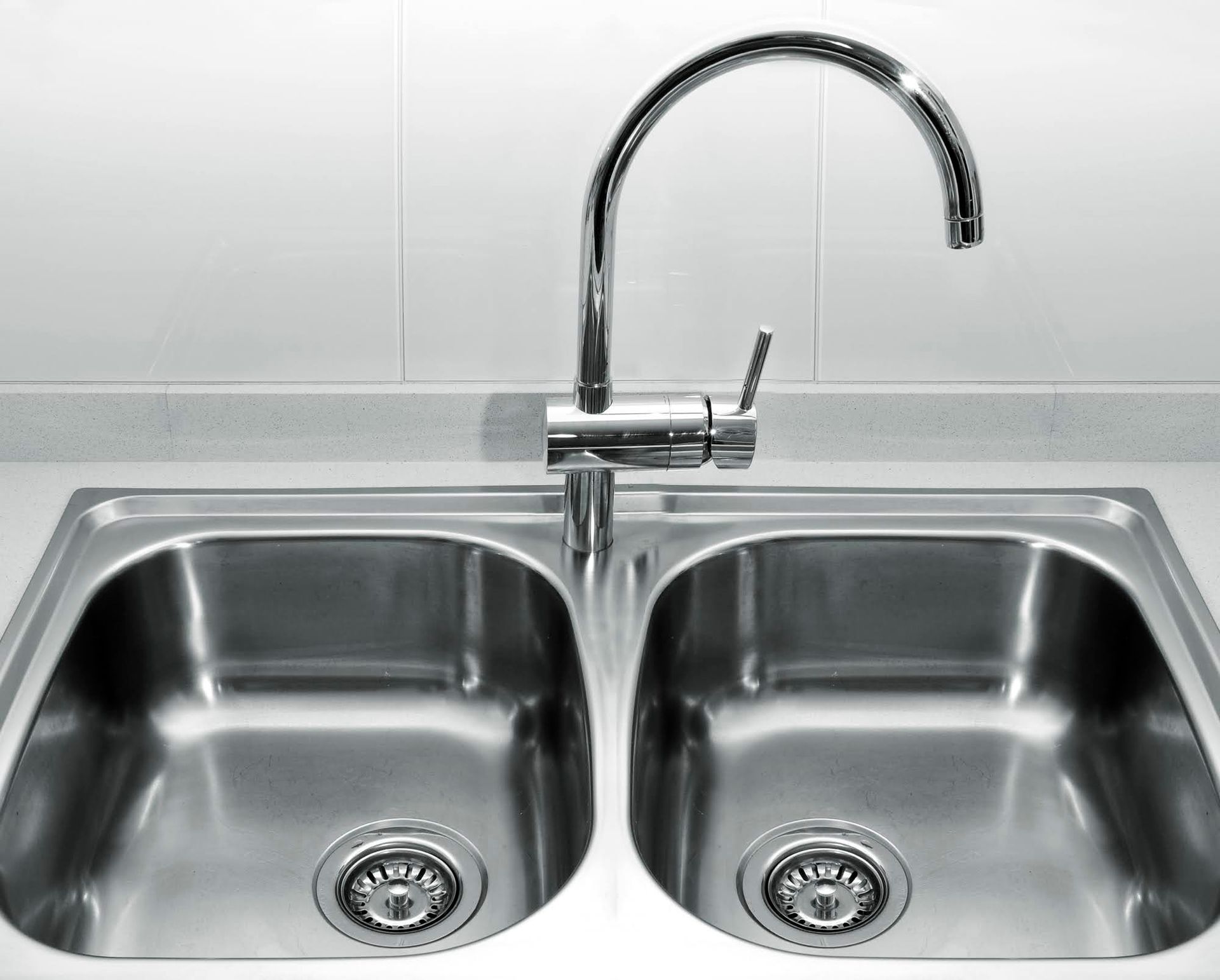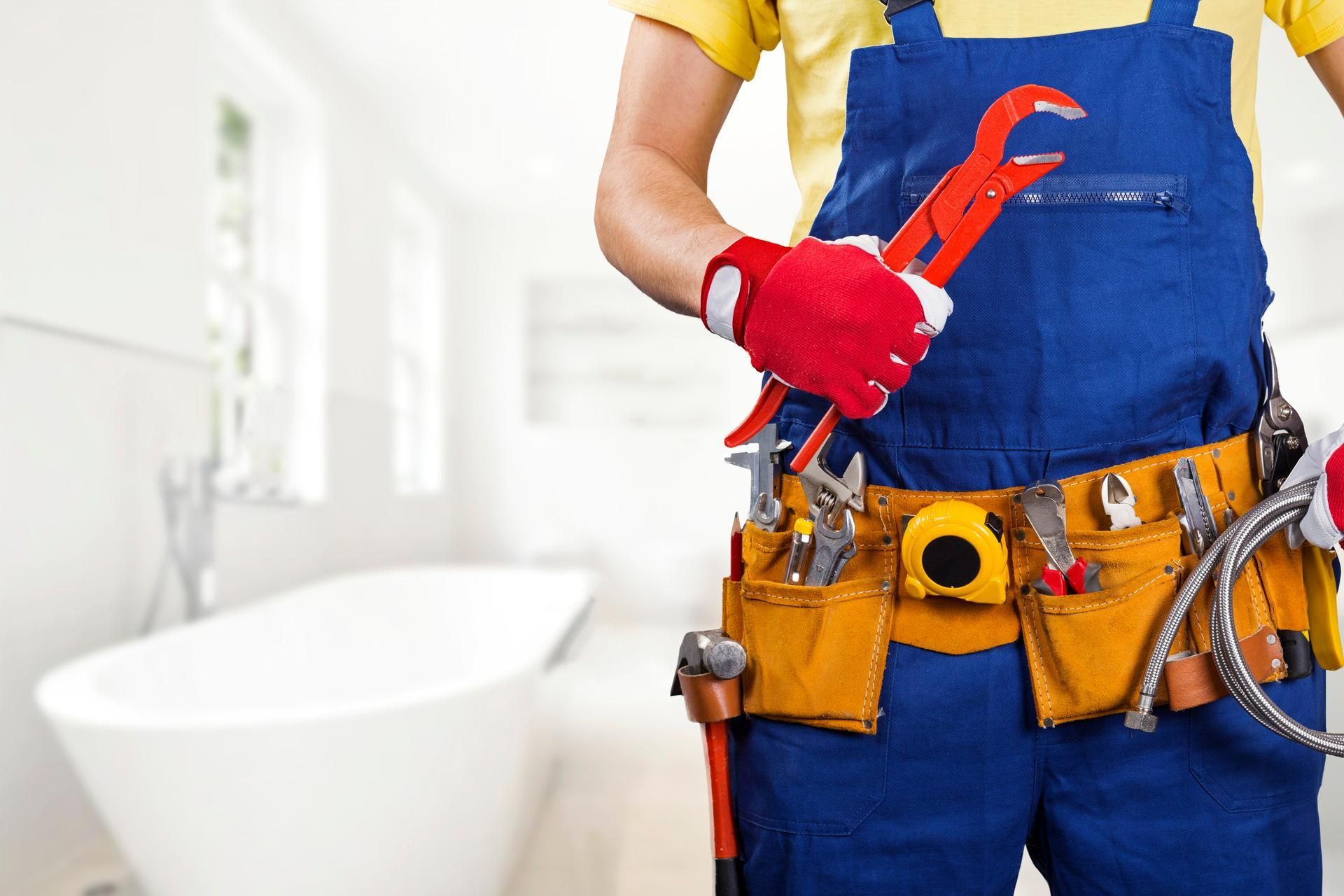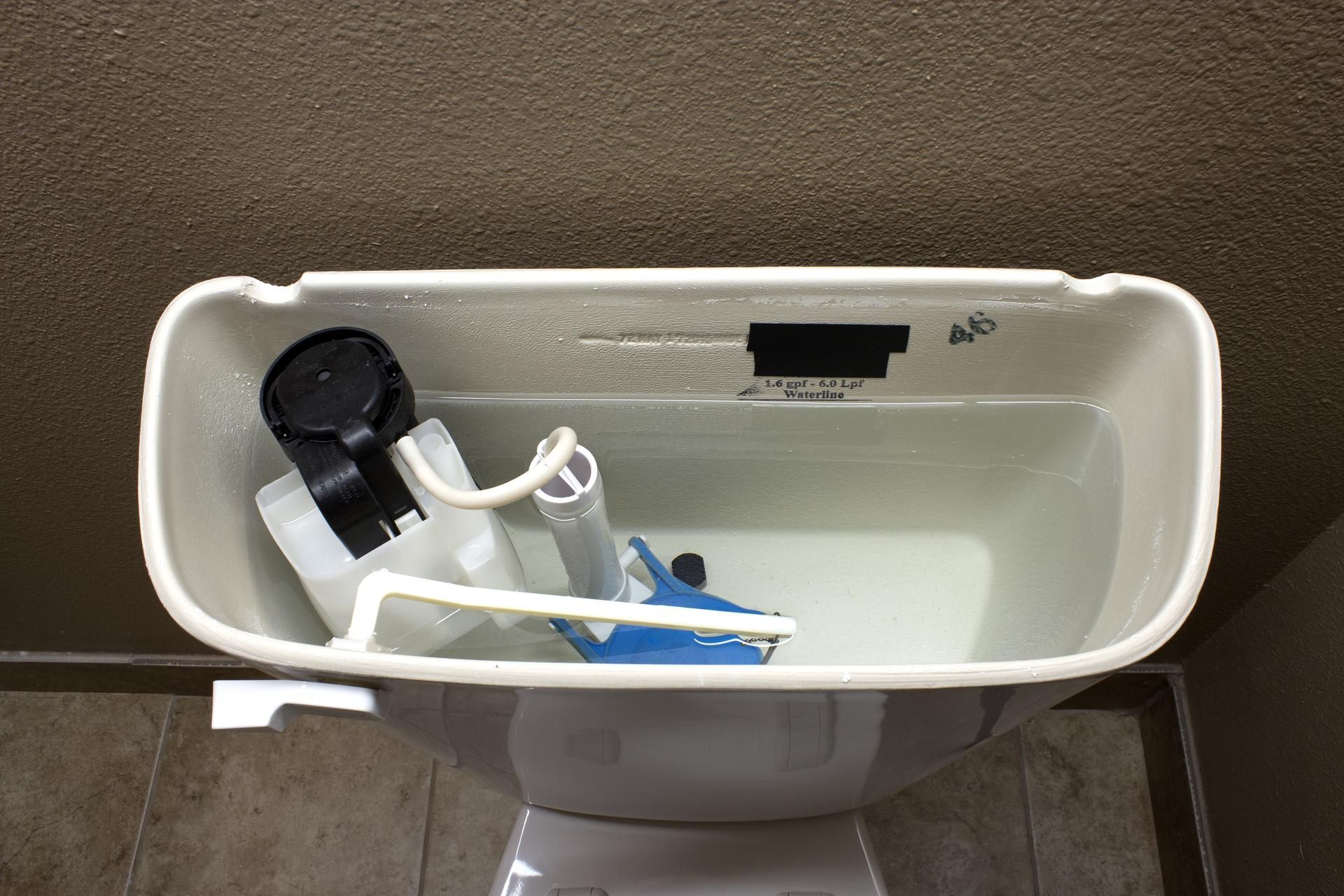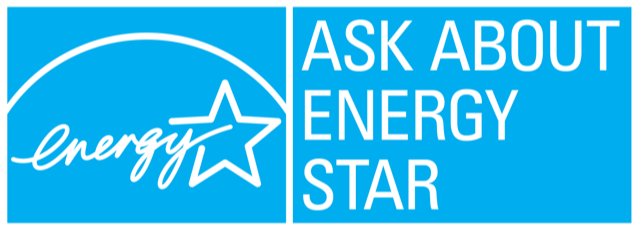The Dangers of Sewer Backups and How to Avoid Them
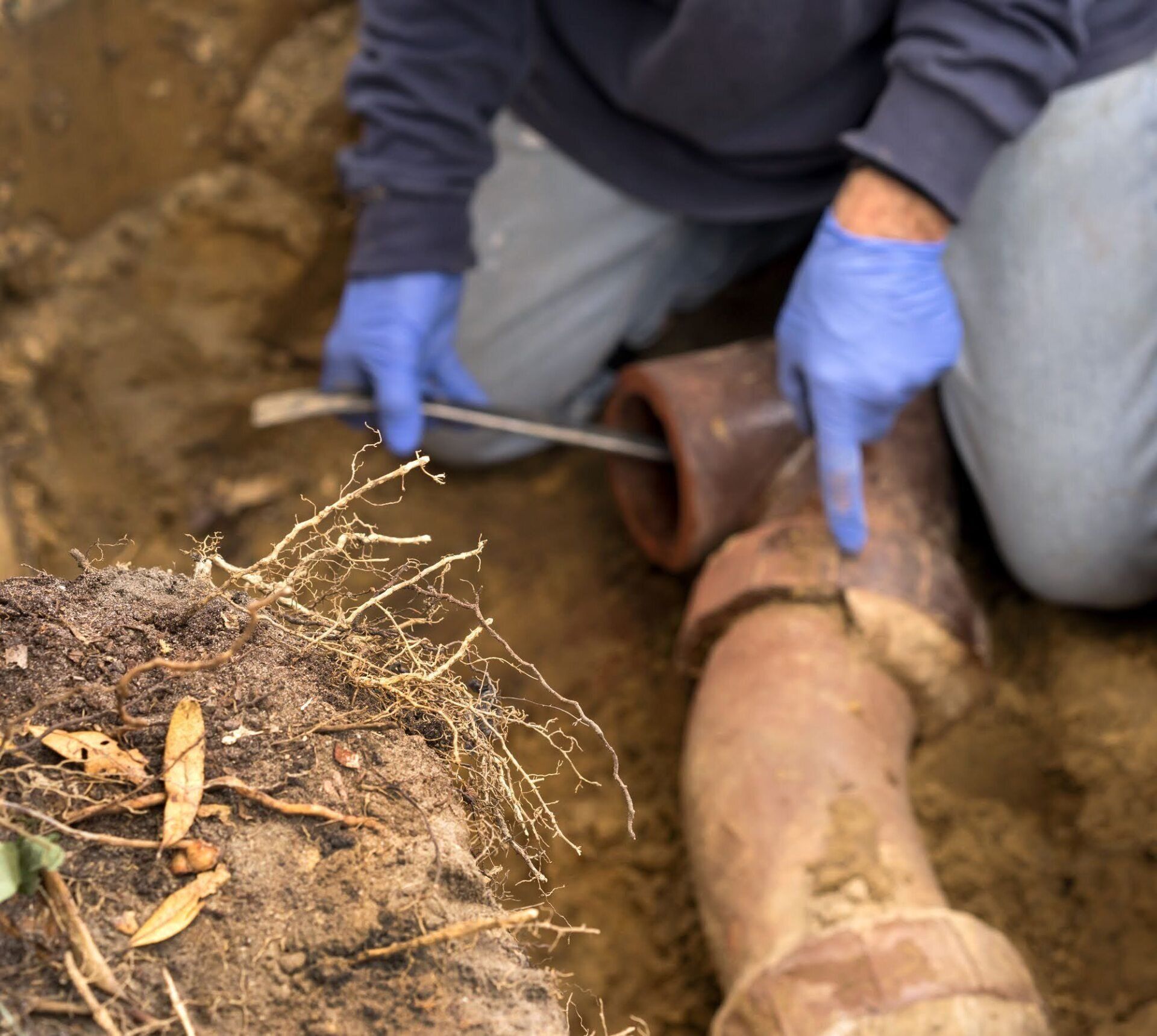
A sewer backup is a serious problem that can occur when sewage flows back into your home through the drains. Sewer backups can cause extensive damage to your home and pose a serious health risk to you and your family.
The best way to avoid a sewer backup is to be aware of the potential dangers and take steps to prevent them. Read on to learn about these dangers and the most effective ways to avoid backups in your home.
The Dangers of Backed-Up Sewer Systems
A sewer backup can cause extensive damage to your home and property. In addition to the obvious problem of waterlogged belongings, rising water levels in the basement can reach electrical outlets and spark a fire.
The water can also damage the foundation of your home, leading to long-term structural problems. Even if the water doesn't cause physical damage, the resulting mold and mildew can create serious health hazards for you and your family.
Talking about health, one of the most dangerous aspects of a sewer backup is the potential contamination. Sewer water is filled with harmful bacteria, and if you come into contact with this water, you could be exposed to these diseases.
How to Avoid Sewer Backups
To prevent costly water damage and avoid dire health risks, follow these steps to ensure you avoid a sewer backup in your home.
Avoid Disposing Grease Down the Drains
One of the best ways to prevent a sewer backup is by avoiding grease disposal down drains. Over time, grease can build up and block the sewer line. As a result, when heavy rains cause the line to fill up, the water has nowhere to go and backs up into your home. To avoid this problem, dispose of grease, cooking oil, and fatty foods in the trash. Pour the grease into a plastic bag, seal it, and put it in the trash.
Only Flush Toilet Paper
Toilet paper is the only thing you should flush down the toilet. Throw everything else in the trash, including things you may be tempted to flush, such as:
- Cotton balls
- Q-tips
- Wet wipes
- Sanitary napkins or tampons
- Condoms
Nothing but human waste and toilet paper should go down the sewer line. Flushing anything else creates clogs that can back up your entire sewer system.
Have Your Sewer Line Inspected Regularly
Having your sewer line inspected regularly allows you to identify any potential problems before they cause a major blockage. Regular inspections will also help you catch any tree roots that may have infiltrated the line. Tree roots can cause serious damage to a sewer line and should be removed as soon as possible.
Use Drain Guards
Drain guards are devices that fit over your drain and catch debris before they have the chance to enter the sewer line. Drain guards are typically made of mesh or nylon, and they can be installed quickly and easily. Using a drain guard can help prevent hair, food scraps, and other debris from entering the sewer line and causing a backup.
If you suspect you may have a sewer blockage or need sewer maintenance, contact us at Aurora Plumbing and Electrical Supply today. Our team of experts will be happy to help you keep your home and plumbing system functioning properly.

